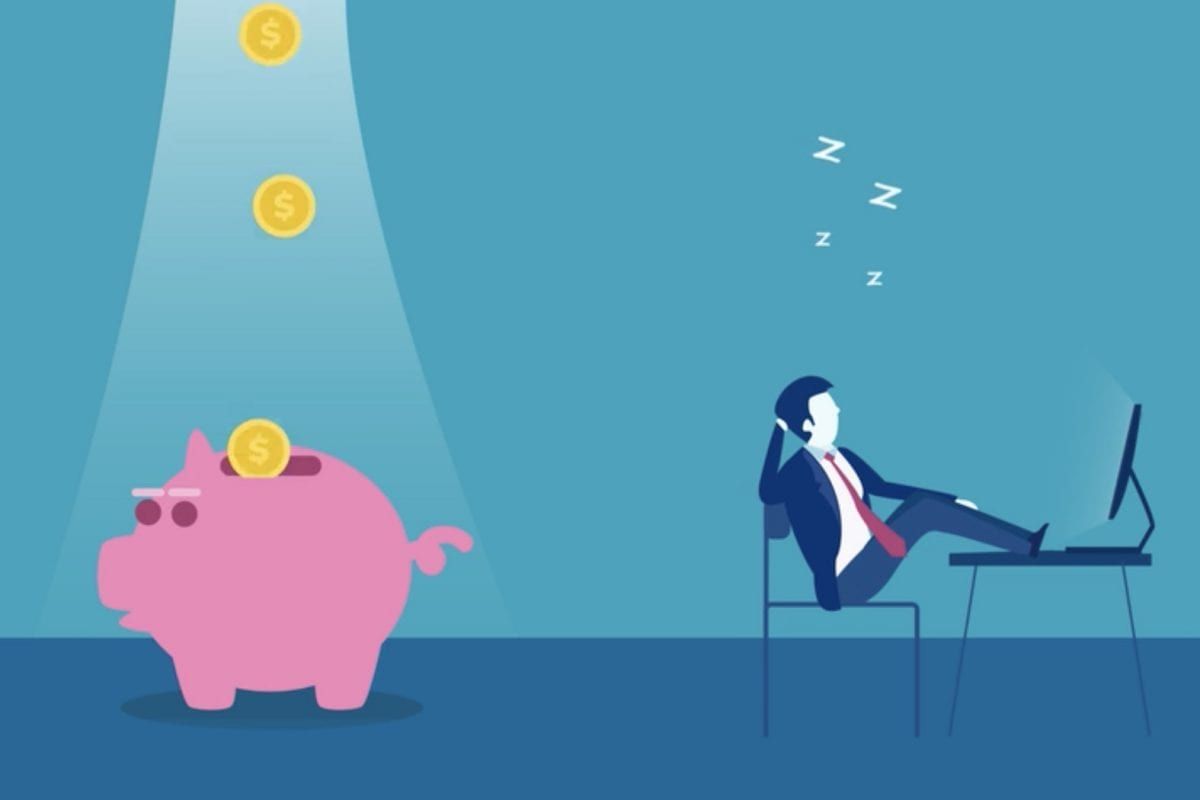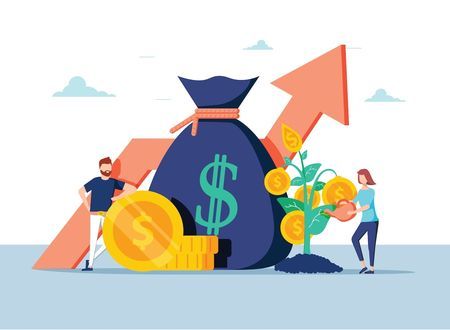One of the highlights of 2020 is how peaceful everything’s been so far. No border tensions, no wars, no pandemics, economies are thriving, people are out and about, airlines are posting record profits, even Donald Trump is suddenly all humble and diplomatic. Right? Right? You agree, right? Or maybe, 2020 is a reminder of a world we took for granted.
At any rate, one thing in particular that has been keeping me busy this year is the time I’m spending with my life-coachees. A few months ago, under my one-on-one life-coaching program, from a pool of nearly 300 applications, I picked a handful of gems. These are bright, sharp and (materially) successful individuals who have been absorbing the wisdom like a sponge and somewhere I feel I learn just as much from them as they from me (hopefully).
With the exception of a couple of life-coachees, I went for CEOs and entrepreneurs of very large and small corporations. I chose these people because I can relate to them. They are disciplined and with their work, they create more employment. I don’t have to start from scratch.
One of my life-coachees, a joyous and intelligent person recommended The Psychology of Money by Morgan Housel. I found the book so interesting that I’ve titled today’s post after it. If you care about financial independence, I suggest you give it a read. This book is rife with wisdom like spring is with pollen which is to say that you might catch “saving-fever” by the time you finish reading this masterpiece.
In fact, the insight I picked up from this book was the theme of my talk with the parents last week. (I was on a virtual call at the quarterly concluding session of Zenrich. While I spoke about creating spiritual wealth too, my focus in this post is on material wealth.)
Simply put, I’d like to quiz you on the difference between being rich and being wealthy? What comes to your mind when you think of being rich? Usually, when someone drives a flashy car or wears an expensive watch, we assume that the person is rich. Their dresses or suits, their gadgets and handbags, the houses they own, project a certain image which gives us a curated peek into their social standing.
Curated because the owner controls what aspect of their life is visible to the world. But being rich is taxing, for you have to make an effort to appear rich, plus, and more importantly perhaps, richness comes at the expense of wealth.
In my mind, being wealthy is more empowering than being rich. It’s wealth that’ll come in handy during your rainy days. Wealth allows you to live your life on your terms whereas richness requires that you maintain a certain facade at all costs.
I am not suggesting that you can’t have a Ferrari or brandish an Hermes Birkin. It’s your life and you can do whatever the heck you deem fit. But, if your richness is costing more than 25% of your disposable income, you may want to reconsider your lifestyle. Getting back to the original question of being rich vis-a-vis being wealthy, here’s what Morgan Housel says:
Someone driving a $100,000 car might be wealthy. But the only data point you have about their wealth is that they have $100,000 less than they did before they bought the car (or $100,000 more in debt). That’s all you know about them. We tend to judge wealth by what we see, because that’s the information we have in front of us. We can’t see people’s bank accounts or brokerage statements. So we rely on outward appearances to gauge financial success. Cars. Homes. Instagram photos.
Modern capitalism makes helping people fake it until they make it a cherished industry. But the truth is that wealth is what you don’t see. Wealth is the nice cars not purchased. The diamonds not bought. The watches not worn, the clothes forgone and the first-class upgrade declined. Wealth is financial assets that haven’t yet been converted into the stuff you see. That’s not how we think about wealth, because you can’t contextualize what you can’t see. 1
Wealth is what you don’t see. Let it sink in: wealth is what you don’t see.
When your career or money earnings are going south, richness won’t get you solutions or friends. Indeed being rich won’t even be possible, let alone sustainable. Wealth is what will matter when life throws a curve ball and you take a swing but miss.
The anxiety caused by an uncertain future is eased by the knowledge that your nest egg is not empty. And those of us who have weathered enough storms of adversities know that it’s not a small thing. Does that mean you should go on a rampant wealth-building spree? Not quite. Balance is the key. But then, how do you know that you are wealthy? That, it’s enough. After all, there’s no limit to how much one can save. Here’s a simple test to evaluate if you can call yourself wealthy:
Can you quit whatever you are doing today and take up whatever you always wanted to do and still be able to pay your bills? Yes? You are wealthy. No? You may want to close the browser window now and get back to work (reading more of Om Swami will be of little use).
By the way, creating wealth is not rocket science. You just have to have the discipline. Here are three rules to securing your material future:
1. Save and invest money as regularly as you can. Every penny matters.
2. Be patient as a tree.
3. Refer to rule number 1.
It is not how much you earn but how consistently you invest it. It doesn’t matter how rich you are or how much money you make right now, if you have no assets, you are not wealthy. And, I say this from my experience.
Little Johnny’s mother was called by the school principal who had decided to expel him.
“But why?” His mother argued. “What’s so grave that you can’t give him another chance?”
“Well, Ma’am,” the principal said, “inspite of repeated warnings, he peed in the school swimming pool.”
“I admit that’s terrible,” the mother said, “but, don’t tell me you never did it when you were five years old! Every child pees in the pool at some point.”
“What, from the diving board?”
Building wealth is not much different. What I mean to say is that it’s not what you earn money but how you invest it. How is more important than what.
What you do is aptitude but how you do it is attitude. If you have both, you are set, my friend. Be debt free and save. Spiritually and materially.
Peace.
Swami
Now, time for some announcements:
1. Monthly earnings have been credited to your OS Karma account. Congratulations to those who shared their truth and inspired others. I am mighty impressed with the quality of some articles. Kirtee’s post made all the effort we put in to os.me worthwhile. I want os.me to be the safest, kindest and most truthful place on the internet where you are not judged, trolled or attacked.
I laud your courage to share your story, Kirtee. I haven’t an iota of doubt that it’ll encourage many parents to better understand and protect their children. And, I’m sorry that you went through what you did. We can’t undo the past, we can, however, create a better future. May Divine Grace be with you.
2. We’ve made slight changes to the Live Events schedule (here). Instead of Oct and Nov, I’ll deliver those discourses in Nov and Dec now.
3. Until we are certain we can provide a safe environment, the ashram will remain closed to visitors. In other words, it may be some time in 2021 that you and I will meet physically.
Notes
A GOOD STORY
There were four members in a household. Everybody, Somebody, Anybody and Nobody. A bill was overdue. Everybody thought Somebody would do it. Anybody could have done it but Nobody did it.
Don't leave empty-handed, consider contributing.It's a good thing to do today.







Comments & Discussion
175 COMMENTS
Please login to read members' comments and participate in the discussion.